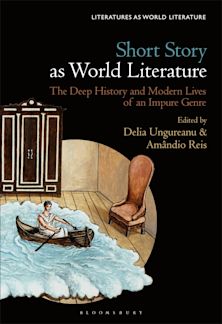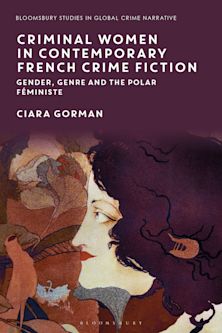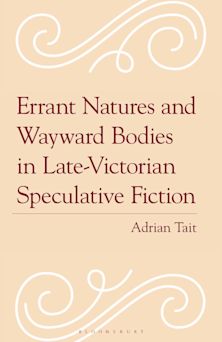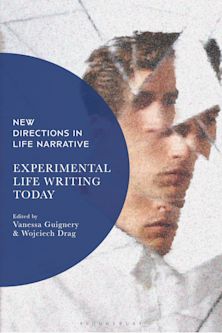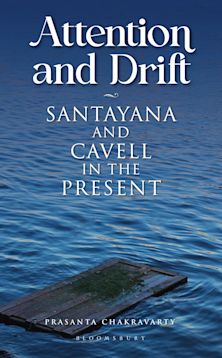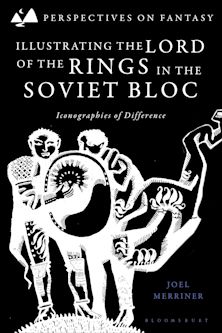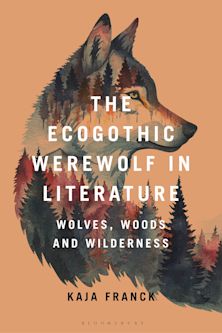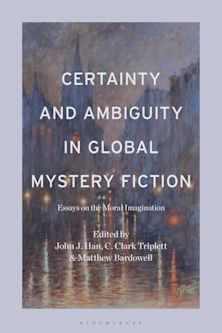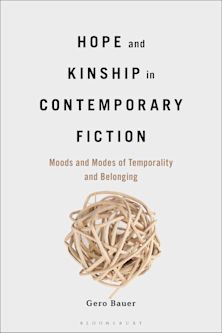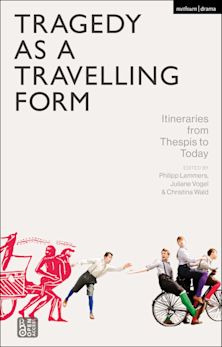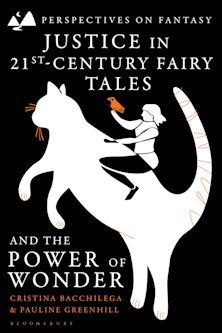- Home
- ACADEMIC
- Literary Studies
- Literary Genres and Genre Fiction
- Forest Ecology and Fantasy Fiction
Payment for this pre-order will be taken when the item becomes available
This product is usually dispatched within 10-14 days following the publication date
- Delivery and returns info
-
Free UK delivery on orders £30 or over
You must sign in to add this item to your wishlist. Please sign in or create an account
Description
Examining books by William Morris, J. R. R. Tolkien, and Ursula K. Le Guin, three of the most influential writers of the modern fantasy tradition, this book explores how fantasy writers engage with forest ecologies, histories and futures – both real and imagined – at a time when fantasies of a more sustainable society must be realised.
Focusing on themes of escape, enchantment, experiment and engagement, this book demonstrates the significance of forest environments in the fantastic imagination, brings together ecocritical and fantasy scholarship in conversation with the environmental and social sciences, and examines the ways in which the fantastic imagination may be used as a creative form of environmental engagement today.
Table of Contents
Acknowledgements
List of Abbreviations
Introduction
1. Escape
2. Enchantment
3. Experiment
4. Engagement
Conclusion
Notes
Bibliography
Index
Product details

| Published | 19 Feb 2026 |
|---|---|
| Format | Hardback |
| Edition | 1st |
| Extent | 232 |
| ISBN | 9781350547575 |
| Imprint | Bloomsbury Academic |
| Illustrations | 4 bw illus |
| Dimensions | 234 x 156 mm |
| Series | Explorations in Science and Literature |
| Publisher | Bloomsbury Publishing |
About the contributors
Reviews
-
A carefully researched, wide-ranging and insightful ecocritical study of the forests created by three major fantasy authors.
Matthew Sangster, Professor of Romantic Studies, Fantasy and Cultural History, University of Glasgow, UK
-
This book has a number of brilliant insights, creating a dialogue among several fantasy classics and showing how fantasy and imagination are crucial spaces for reimagining our relationship with nature and recovering wonder. It also opens literary criticism to interdisciplinary conversations, especially in bringing concepts from biology, ecology and other fields of natural sciences.
Marek Oziewicz, Professor and Director of the Center for Climate Literacy, University of Minnesota, USA












